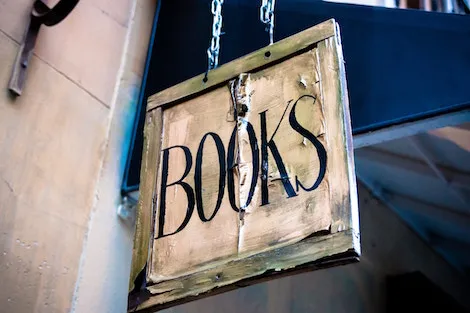
How (Not) To Read Best-Of Book Lists
For the reader, the annual flurry of book lists announcing the year’s “Best Of” produces a potent, effective cocktail. There’s the anticipation of discovering new titles; the self-congratulatory thrill (whether for overlap or its startling lack) of cross-referencing said best-of book lists with one’s own taste; the inevitable feelings of guilt at the titles you’ve missed. There’s the general satisfaction and digestibility of the list as a form. And, of course, there’s the relief at their canny timing: it’s holiday season. You’ve got shopping to do. There are probably people on that list you don’t know that well. You can cushion your gift-giving uncertainty with the fact that, though the book you’ve chosen might not be perfectly suited to their taste, at least it’s “The Best.”
 But it’s a mistake to regard such designations as fact. These lists are by nature exclusionary, and to rely on them too heavily is to miss much of what the year’s literature has to offer. With that in mind, I’d like to offer a few tips for navigating the best-of lists—not in the spirit of disregarding them entirely, but in bringing to them a healthy amount of skepticism that will ensure that your reading taste (and your gift-giving acumen) remain dynamic and alive to play.
But it’s a mistake to regard such designations as fact. These lists are by nature exclusionary, and to rely on them too heavily is to miss much of what the year’s literature has to offer. With that in mind, I’d like to offer a few tips for navigating the best-of lists—not in the spirit of disregarding them entirely, but in bringing to them a healthy amount of skepticism that will ensure that your reading taste (and your gift-giving acumen) remain dynamic and alive to play.
 But it’s a mistake to regard such designations as fact. These lists are by nature exclusionary, and to rely on them too heavily is to miss much of what the year’s literature has to offer. With that in mind, I’d like to offer a few tips for navigating the best-of lists—not in the spirit of disregarding them entirely, but in bringing to them a healthy amount of skepticism that will ensure that your reading taste (and your gift-giving acumen) remain dynamic and alive to play.
But it’s a mistake to regard such designations as fact. These lists are by nature exclusionary, and to rely on them too heavily is to miss much of what the year’s literature has to offer. With that in mind, I’d like to offer a few tips for navigating the best-of lists—not in the spirit of disregarding them entirely, but in bringing to them a healthy amount of skepticism that will ensure that your reading taste (and your gift-giving acumen) remain dynamic and alive to play.










